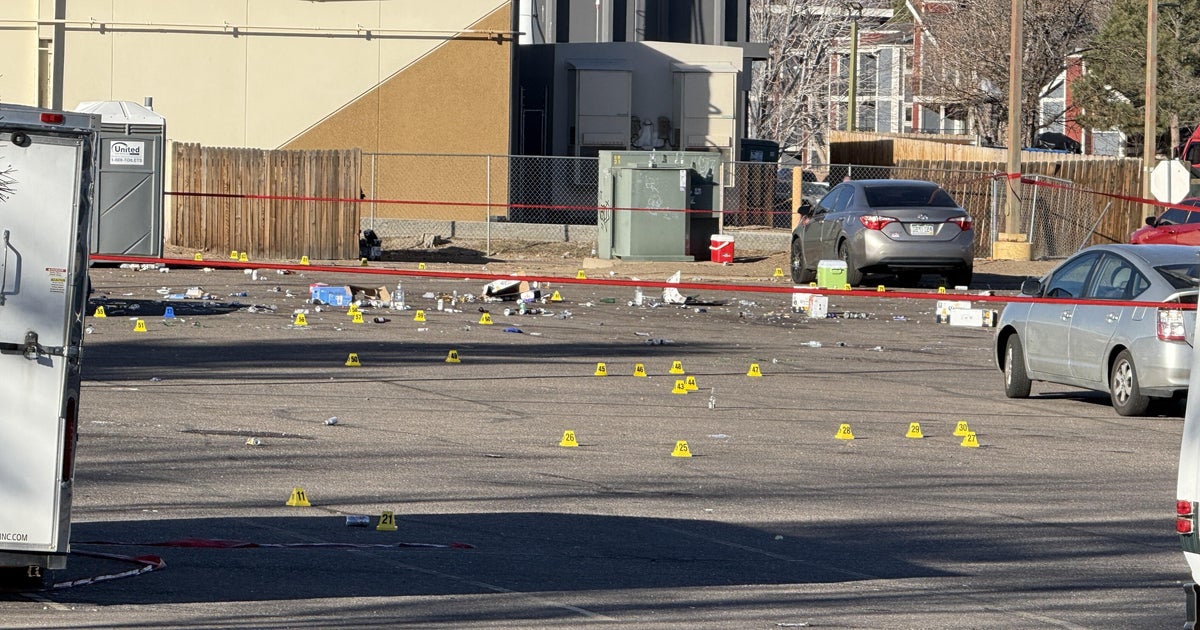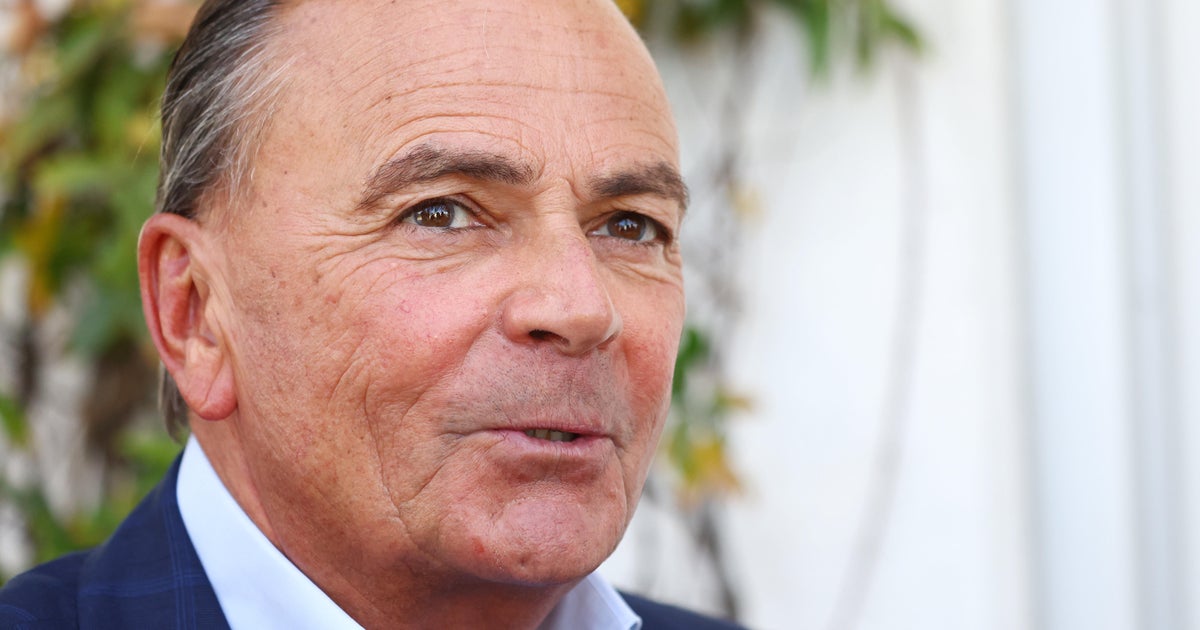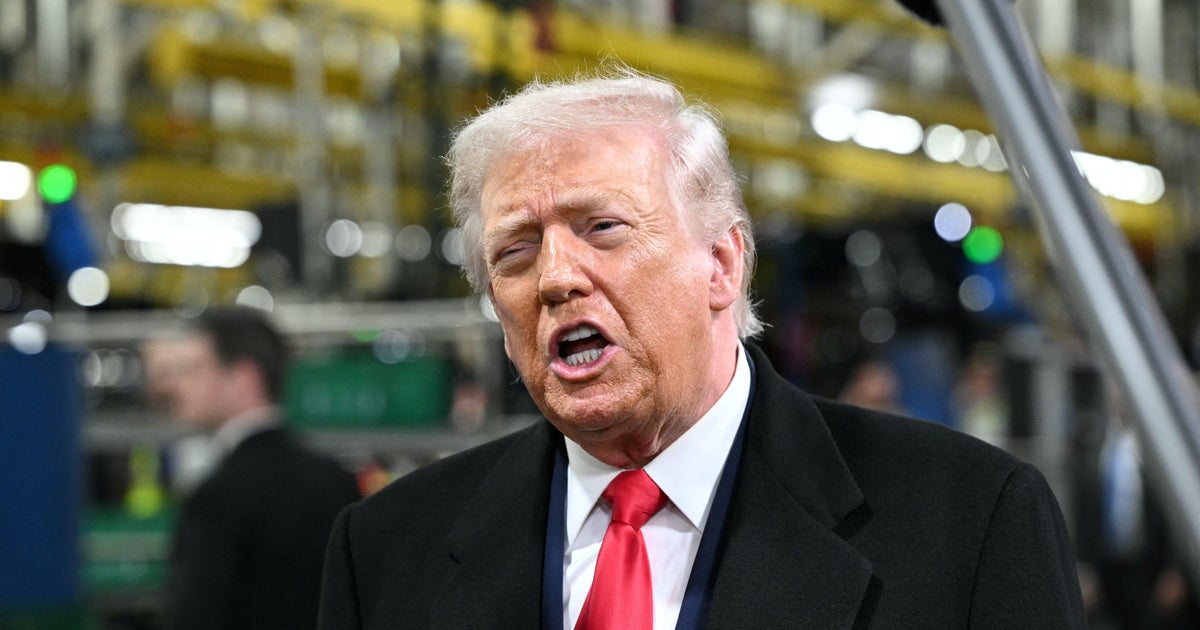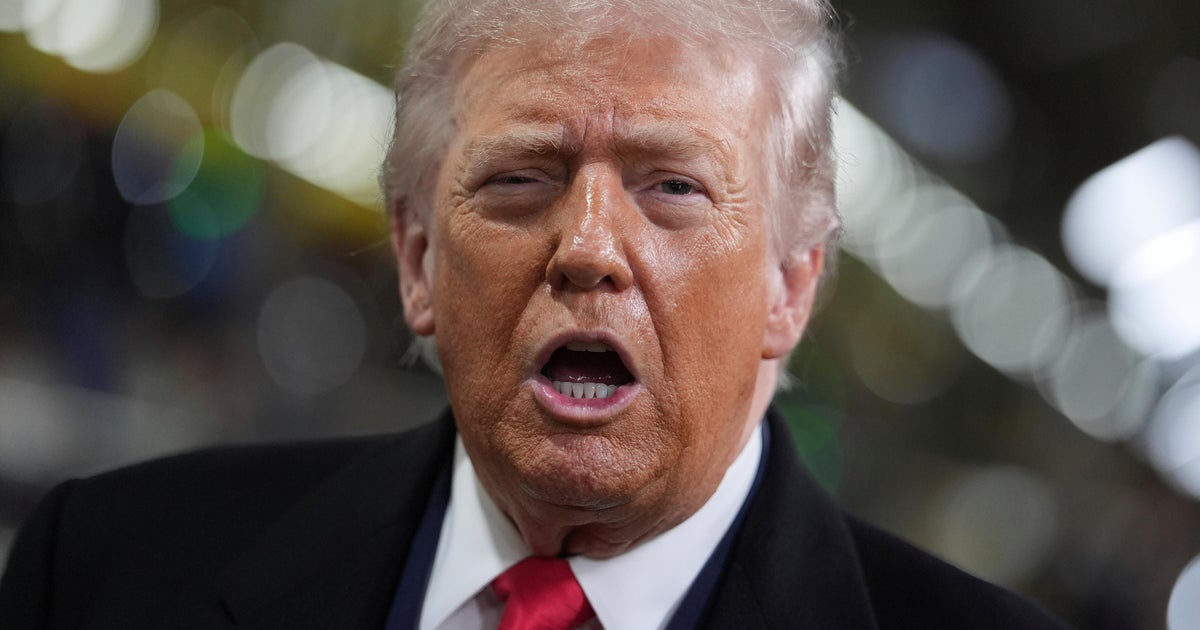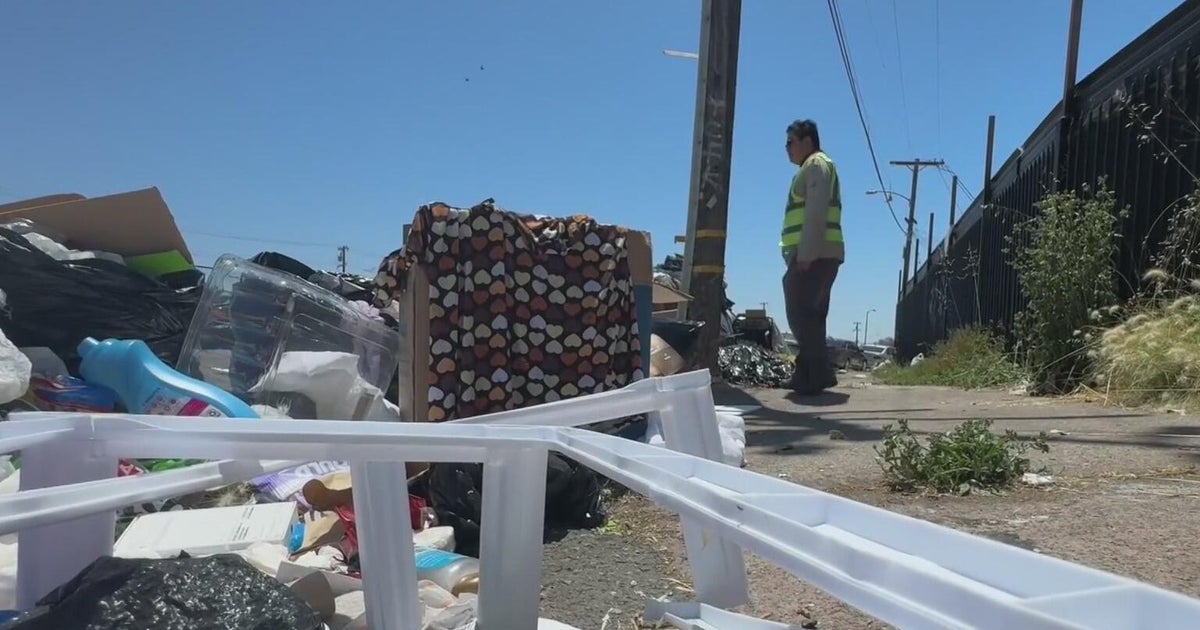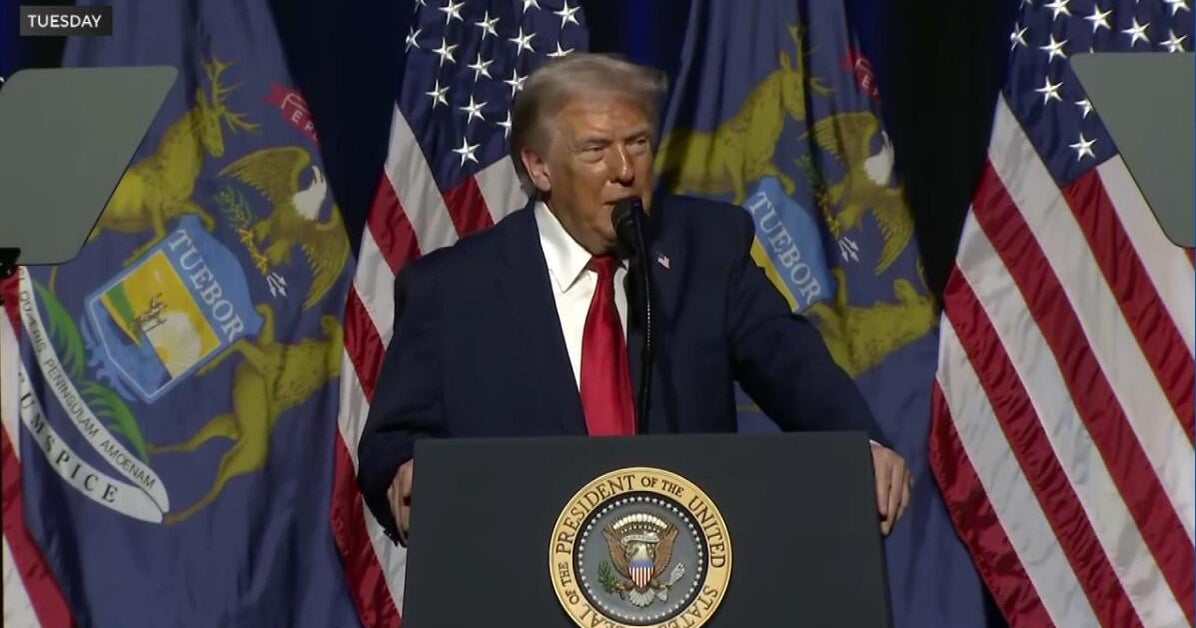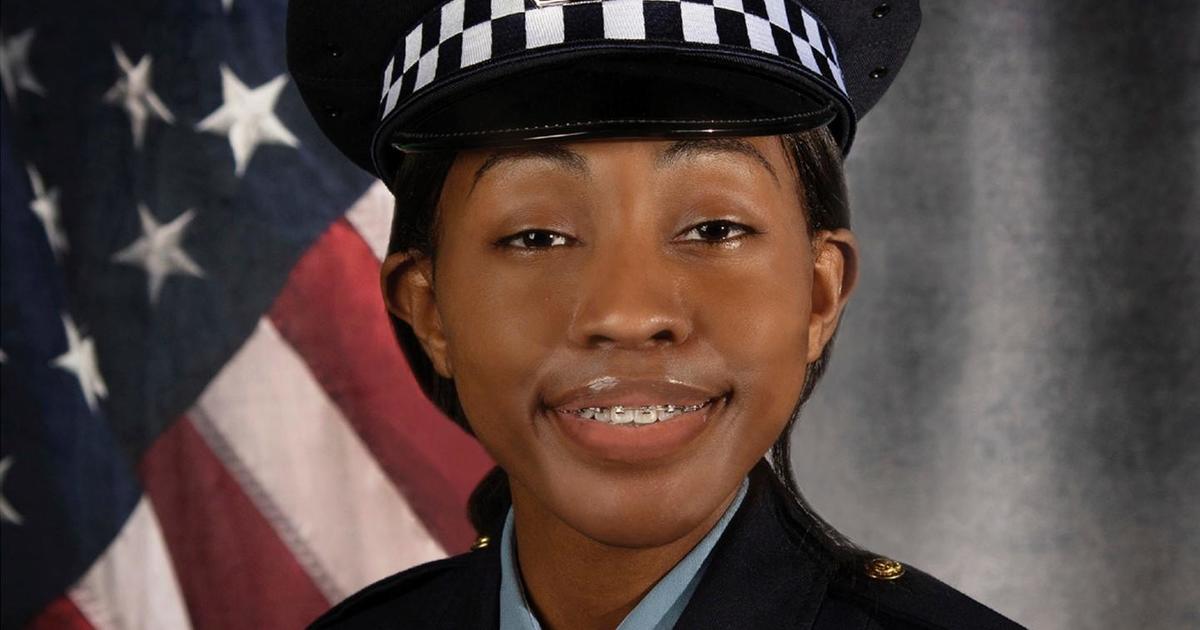Local Experts Weigh In On Ousting Of Egyptian President
By Tim Jimenez, Todd Quinones
PHILADELPHIA (CBS) - Local experts and politicians reacted to the ousting of former Egyptian President Mohammed Morsi.
One local expert on Middle East affairs says Mohammed Morsi was doomed from the start.
Morsi came to power a year ago as the first democratically elected President of Egypt, the man who succeeded long-time leader Hosni Mubarak who was ousted after 30 years.
But since Morsi and his party took power, the Muslim Brotherhood took over.
La Salle International Relations professor Ed Turzanski says their missteps led to worsening conditions and that's why many took to the streets.
"Under their leadership you saw a 12 fold increase in the murder rate, you saw a complete depletion of foreign reserves, the collapse of tourism and nearly the entire economy of Egypt lies in tatters," he explains.
Turzanski says if there was a coalition government to begin with, the country may not have spiraled out of control.
As for U.S. involvement, Turzanski says the Obama administration picked a loser by backing the Brotherhood.
"The administration has often chosen the wrong side and then been left with a very week hand to play," says Turzanski.
Delaware Senator Chris Coons talked to Eyewitness News via Skype from Israel.
He met with President Morsi in January.
"His ability to craft a broad coalition government was clearly suffering at that point and he was leading more as a Muslim Brotherhood leader than he was as a leader of all Egyptians," said Coons.
Marwan Kreidi is a political science professor in the Arab Islamic Department of Villanova University.
He was in Egypt last October with a group of Villanova students when he says evidence of Egypt's struggling economy was evident at a popular tourist site.
"Tourism is an important part of Egypt's economy," said Kreidi. "We were the only 12 people there. Our guide had tears in his eyes saying it's usually 5,000 people here."
A Temple University professor and native of Egypt also offered his reaction to the ouster of Mohammed Morsi.
Dr. Magid Abou-Gharbia visits his home country of Egypt a few times a year for work, as associate dean of research and professor at Temple's School of Pharmacy, and to see family. He supported President Mubarak's ouster two years ago, but says now the people have spoken again and Morsi had to go.
"Watching over the last year or so, I see there were no compromises made to be inclusive. I was hoping that President Morsi was surrounded by some smart people, but apparently he wasn't," said Dr. Abou-Gharbia.
Even with his native land in turmoil, Dr. Abou-Gharbia says these latest developments are part of a young democracy trying to get it right.
"There were some mistakes made by some of the Egyptian people, but the biggest mistake, and one now knows, is not to involve religion with government," he said.
He's still optimistic in the country's future, hoping the next election delivers leaders who will bring everyone together.

